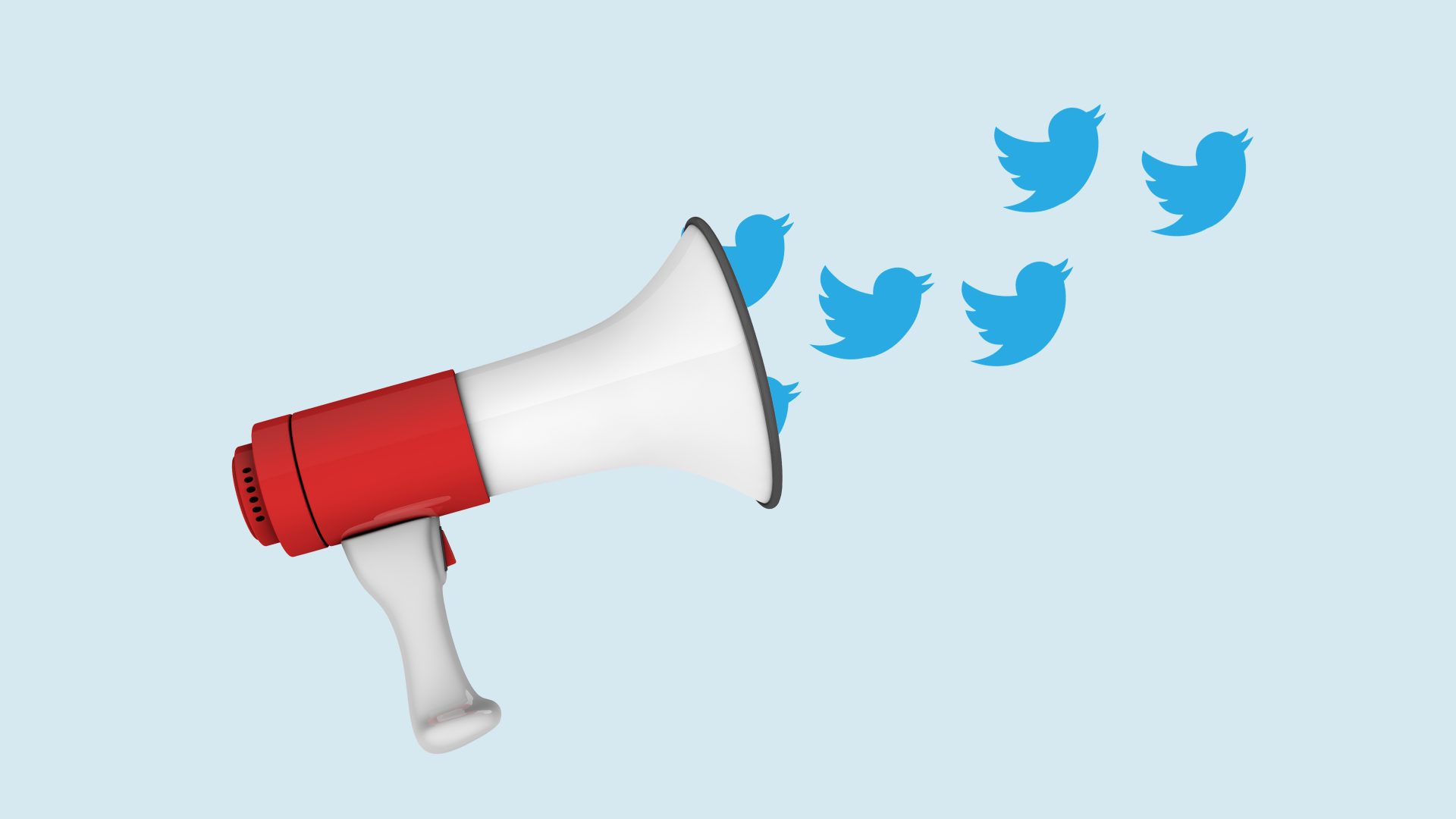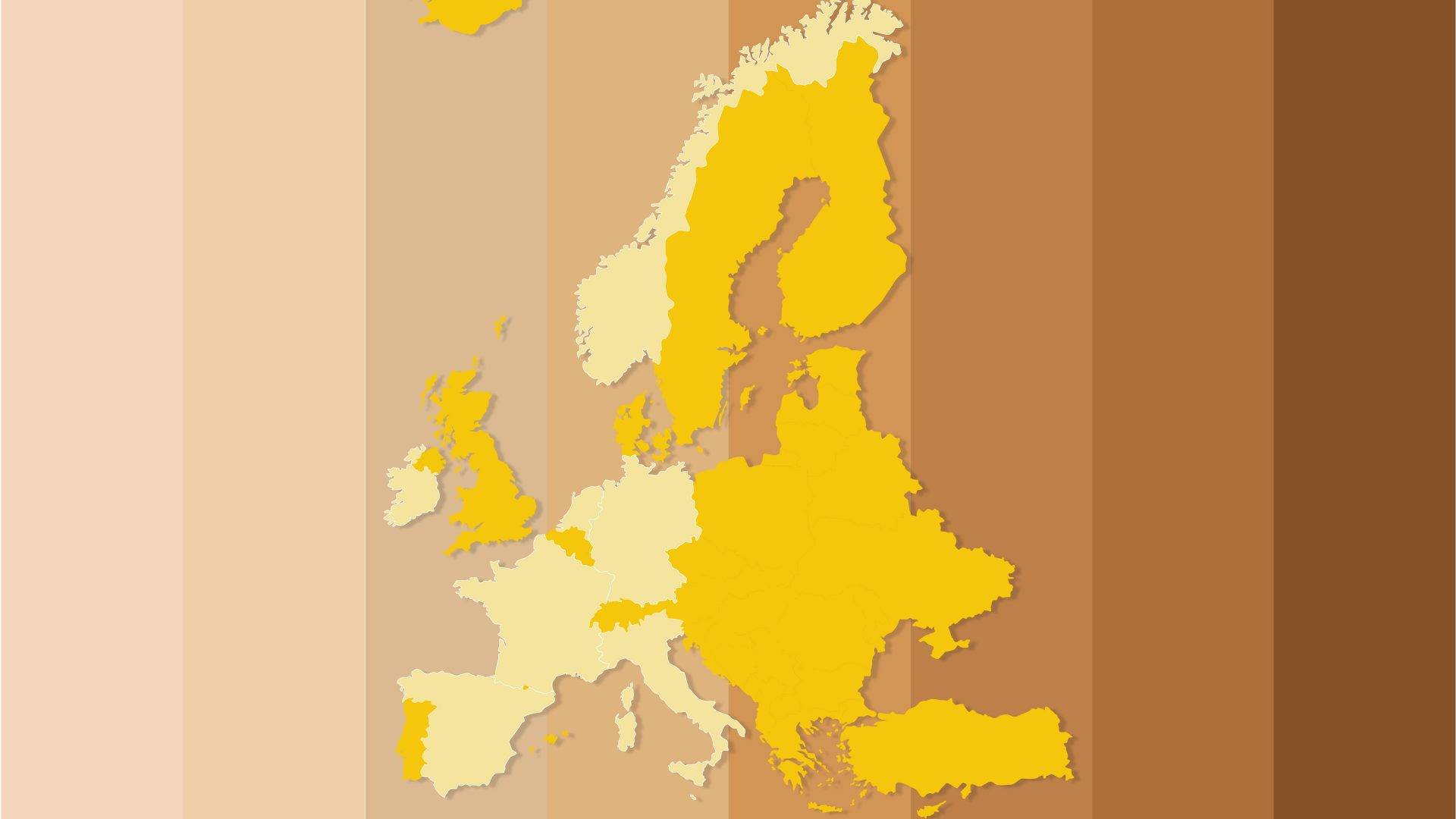Elon Musk, Twitter’s new owner and self-styled “Chief Twit”, has declared himself a free speech absolutist. He’s promised to open up civilisation’s town square. We’re still waiting to find out exactly what that means, but the swift reinstatement of Kanye West’s account, despite his antisemitic outbursts on the platform, seemed ominous. Musk, however, has insisted that West’s account was restored before he took over Twitter and that he had no hand in it. He then shared a link to a baseless conspiracy theory about the attack on Paul Pelosi, which he later deleted. Not a promising start.
Even if he thinks he’s an absolutist about free expression, it’s unlikely that he is. Hardly anyone is. An absolutist would have to tolerate every type of speech, including false advertising, fake news, racist hate speech, homophobia, celebrations of violence and suffering, and worse. There is an important difference between liberty and licence. Liberty is the kind of freedom worth wanting; licence is where anything goes. Who wants to make it legal to publish recipes for dirty bombs online? Almost every philosopher who has written about free expression has been on the side of extensive liberty of speech, but hardly any have advocated complete licence. The real question is where you draw the line.
In the US, the First Amendment provides protection for extensive freedom of expression, far more extensive than exists in Europe. It permits racist speech and hate speech that doesn’t directly incite violence. When in 1977 neo-Nazis wearing swastikas planned to march through Skokie near Chicago, a town with a large population of Jews, many of whom were Holocaust survivors, the American Civil Liberties Union (ACLU) supported their constitutional right to do that, though in the end they did not march.
In contrast, when the Holocaust denier David Irving visited Vienna in 2005 he was arrested and jailed for expressing his views. Free speech advocates thought he should have been refuted, not imprisoned. Austria, along with Germany and a number of other countries worldwide, has specific Holocaust denial laws. In the UK we don’t, but incitement to racial hatred is illegal, and there are far tighter legal limits on what we can say and write than exist in the US.
There are three main reasons for having extensive but not unlimited freedom of speech.
First, because it allows a marketplace of ideas where claims can be challenged in the hope that truth can emerge in the process and falsehoods won’t circulate without hearing the other side.
Second, because it is vital to a thriving democracy that a wide range of ideas can be voiced, supported, and challenged in public.
And third, because it is thought important for individuals to be able to communicate openly about what they believe: if they can’t, there is the risk that their deepest beliefs will find less savoury expression, perhaps in violence.
John Stuart Mill in On Liberty stressed the first of these defences. He argued that there was great value to society in having extensive freedom of expression, not least because it stopped us holding cherished beliefs as dead dogma since they could be contested and debated. He drew the line at incitement to violence. Censorship was appropriate to prevent that.
He noted that precisely the same words used in one context can be an incitement, while in another not. He was relaxed about a journalist writing “Corn dealers are starvers of the poor” in an editorial, but not about a protester waving the same words on a placard in front of an angry mob outside a corn dealer’s house.
Mill thought that offensive speech should be tolerated. You don’t have to like it, but you should lump it. Critics now point out, though, that some kinds of deeply offensive speech, such as hate speech focusing on racial or other aspects of a person, cause real psychological harm and so should not be tolerated, since hate speech is itself a form of violence, whether or not the words lead to physical violence. That is undoubtedly true, but still there is a question of precisely where to draw the line.
There are no signs that Musk will steer Twitter towards the UK free-speech model and every indication that he will favour a laissez-faire approach with minimal moderation. The odds are that he will readmit some of the nastier suspended tweeters and encourage them to let rip. If he ends up tolerating hate speech, though, law enforcers will be the ones drawing a line for him here and across Europe.



